Not sure if I qualify as addicted...yet. But, I was set to start on my first batch of eggs next weekend: a half dozen Buff Orpingtons. But, alas, it was not meant to be. The woman in my area who was going to sell me the eggs had her hens start molting last week and they stopped laying. Accordingly, the HovaBator that is currently in our guest room with a multitude of humidty-gauges and thermometers is still unopened.
Side note: I know that this cannot be the ideal time to be incubating eggs, but, we had some construction in our barn (where the chickens live) and I didn't want chicks in there while all that noise and dust was going on.
I have also been interested in getting some bantams, but had not decided which breed to keep. I found someone online with some bantam Barred Plymouth Rocks, so, nothing quite like combating disappointment with excitement again! The seller said she thinks it will take her a week or two to put the eggs together. So, not exactly my original plan for hatching since they are bantams, but, when life gives you lemons.

Any tips on incubating bantam eggs would be much appreciated. I am trying not to get my hopes up because they will be shipped (I was going to pick up my orpington eggs fairly locally), but, I know there are some more experienced folks here with good ideas.


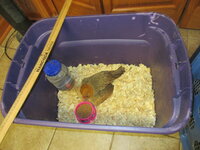
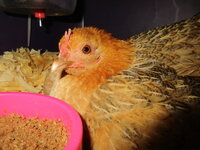
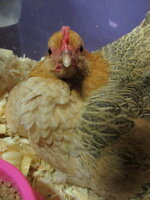
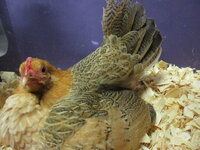
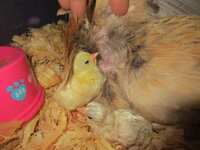
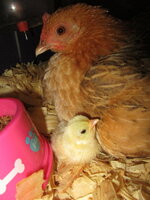
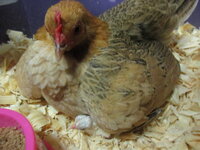
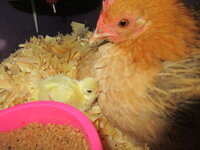
 I know some folks have said the eggs need to sit for 24 hours after shipping before incubating, so, maybe I'll be able to put them in the incubator tomorrow after work!
I know some folks have said the eggs need to sit for 24 hours after shipping before incubating, so, maybe I'll be able to put them in the incubator tomorrow after work!